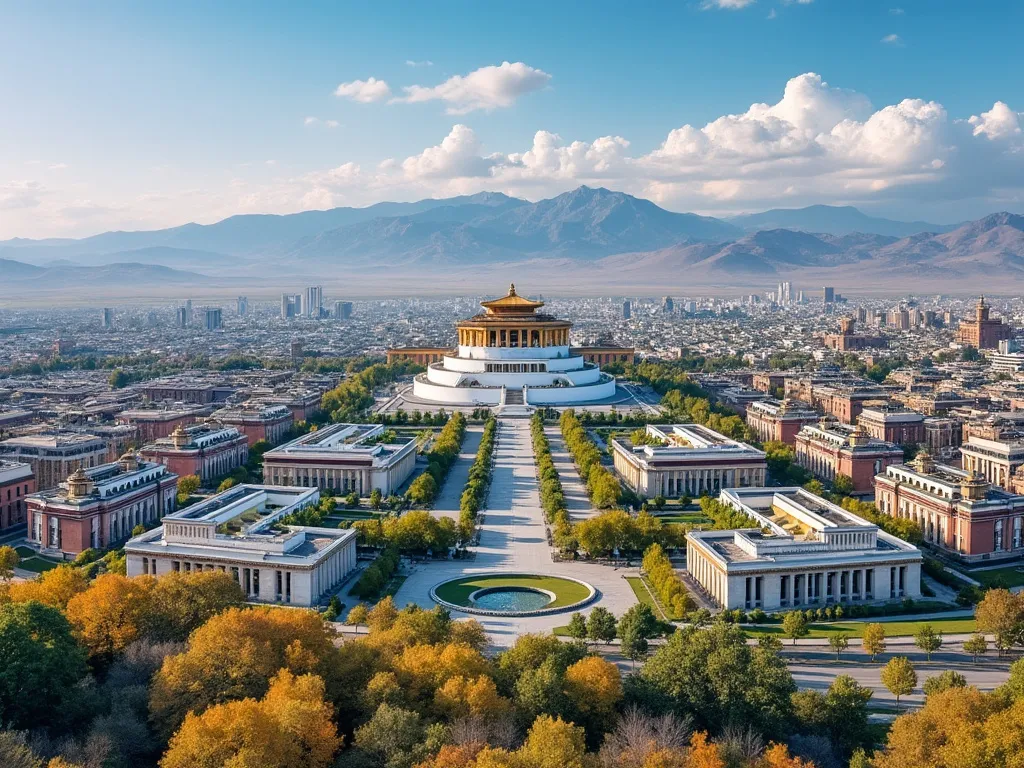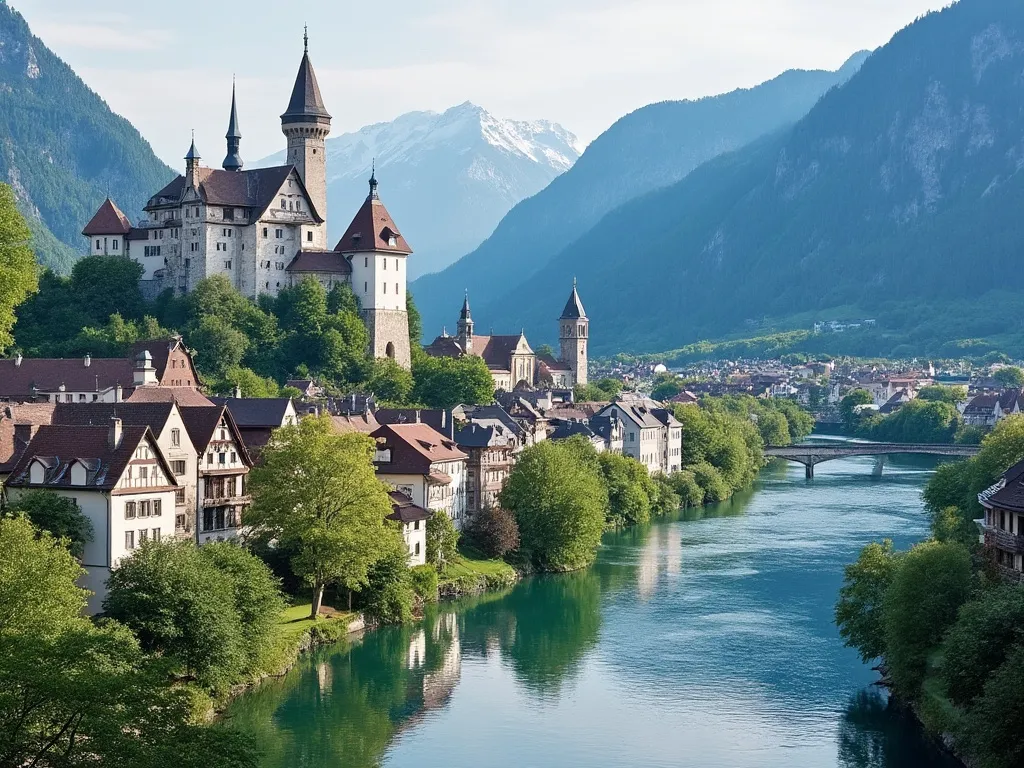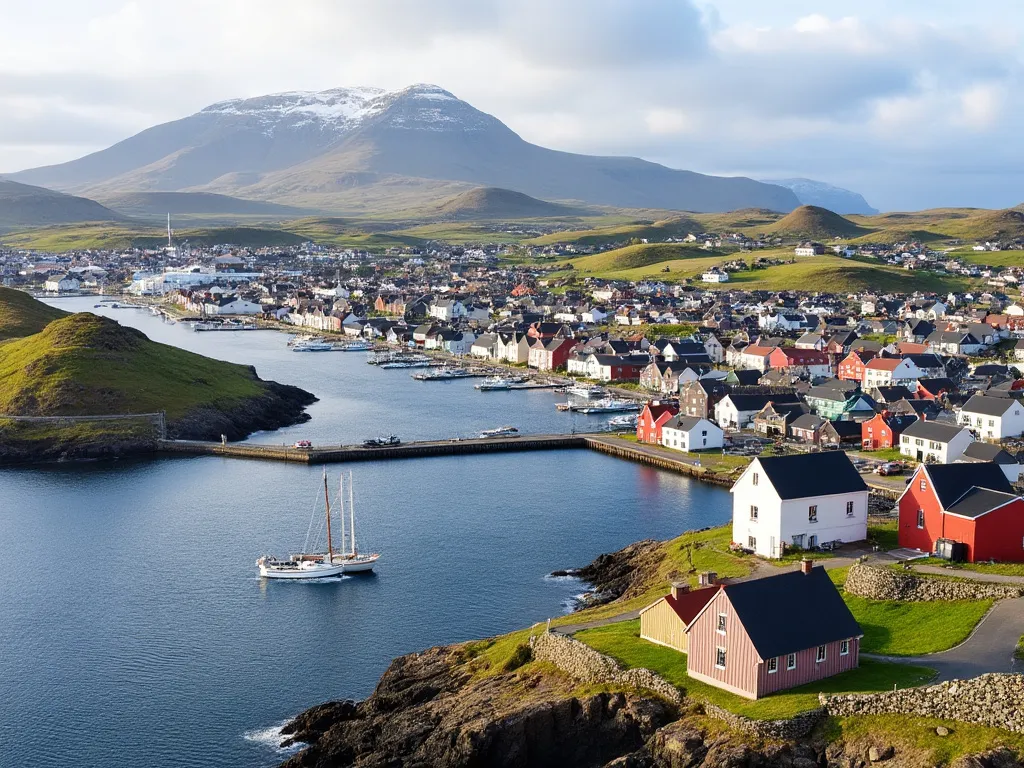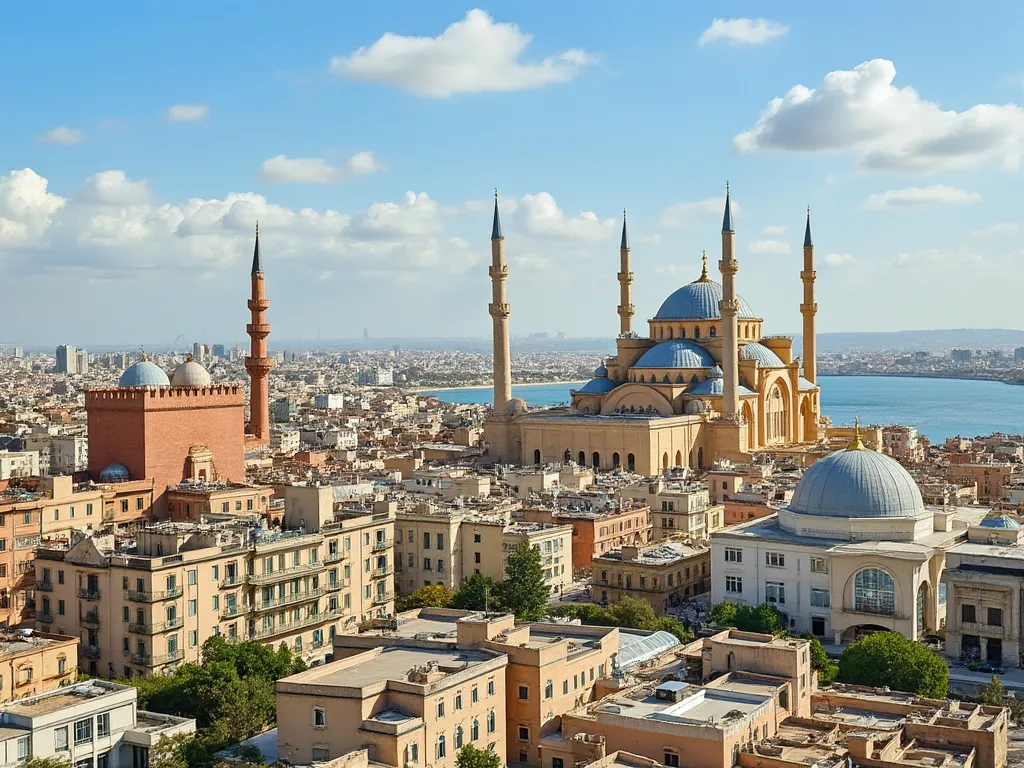
Tunis, the capital city of Tunisia, is a vibrant and historic metropolis that offers a unique blend of Arabic, Mediterranean, and African cultures. Located on the Gulf of Tunis, the city has a rich history dating back to the 9th century BC and has been an important center of trade, commerce, and learning for centuries.
Tunis information
| Country | 🇹🇳 Tunisia |
| Population | 2,460,000 (urban area) |
| Coordinates | 36.8065° N, 10.1815° E |
| Area | 212 km² (82 sq mi) |
| Climate | Mediterranean climate (hot-summer) |
| Language | Arabic (official), French, Tunisian Arabic |
| Currency | Tunisian dinar (TND) |
| Time zone | CET (UTC+1) |
| Proximity to other major cities | Algiers (965 km), Tripoli (434 km), Cairo (1,046 km) |
Interesting facts abbout Tunis
- Tunis is home to the oldest university in the Arab world, the University of Ez-Zitouna, which was founded in 737 AD.
- The city is home to many important landmarks, including the Great Mosque of Tunis, which is one of the largest mosques in the world.
- Tunis is known for its vibrant arts scene, with many galleries, museums, and festivals throughout the year.
- The city is home to many important industries, including textiles, food processing, and tourism.
Tourist Attractions in Tunis
- The Medina of Tunis, a UNESCO World Heritage Site
- The Great Mosque of Tunis
- The Bardo Museum
- The National Museum of Carthage
- The Tunis Zoo
Historical background of Tunis
Tunis was founded by the Phoenicians in the 9th century BC and was later conquered by the Romans, who renamed it Carthage. The city was an important center of trade and commerce during the Roman Empire and was also a major center of Christianity. After the Arab conquest of North Africa in the 7th century AD, Tunis became an important center of Islamic learning and culture.
Geographical location of Tunis
Tunis is located on the Gulf of Tunis, which is a large bay on the Mediterranean coast of Tunisia. The city is situated on a hill overlooking the gulf and is surrounded by mountains to the west and south. The city's geographical location has made it an important center of trade and commerce for centuries, with the port of Tunis being one of the busiest in the Mediterranean.
Cultural significance of Tunis
Tunis is a city with a rich cultural heritage, reflecting its history as a center of trade, commerce, and learning. The city is home to many important landmarks, including the Great Mosque of Tunis, the Bardo Museum, and the Medina of Tunis, which is a UNESCO World Heritage Site. The city is also known for its vibrant arts scene, with many galleries, museums, and festivals throughout the year.
Economic importance of Tunis
Tunis is the economic hub of Tunisia and is home to many important industries, including textiles, food processing, and tourism. The city is also an important center of finance, with many banks and financial institutions having their headquarters there. The port of Tunis is one of the busiest in the Mediterranean, with many cargo ships and tankers passing through the city's harbor every day.
Conclusion on Tunis
In conclusion, Tunis is a vibrant and historic city that offers a unique blend of Arabic, Mediterranean, and African cultures. With its rich history, cultural significance, and economic importance, Tunis is a city that has something to offer for everyone.
 Ulaanbaatar
Ulaanbaatar
 Vaduz
Vaduz
 Tórshavn
Tórshavn
 Tripoli
Tripoli